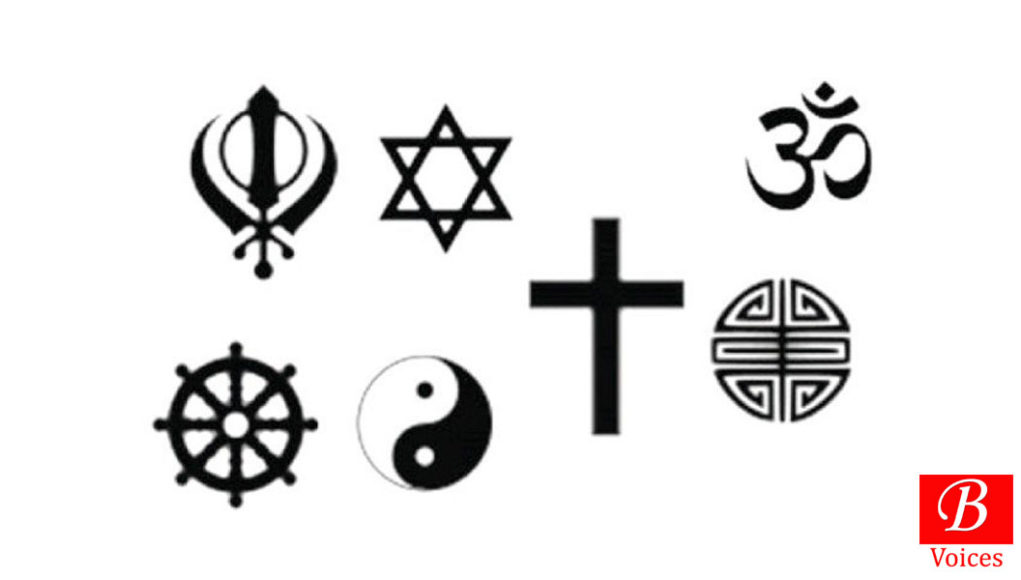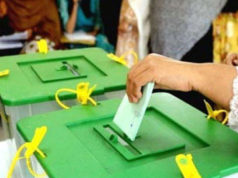Ali Baloch
For religious minorities, cyberspace doesn’t entail anything lucrative. Being one of the daunting factors, hate speech has inflicted religious minorities constantly as the incidence of hate speech is growing at a rapid pace in Balochistan. Exposed to it exponentially, hate speech incidents have become something which the religious minorities seem to have become immune to.
One of such blighted members of religious minorities is Ravi*. Ravi is a school teacher in Quetta. Throughout his life, he has faced hate speech offline and online about his community, the Hindus. “Having grown up in Balochistan, I have faced hate speech about my religion and sacred gods in my schools and during conversations with my friends. Due to continuing religious bashing, like other community members of ours, I also used to stay at home after attending my school classes,” he says.
“After schooling,” adds Ravi, “I became friends with progressive friends from the Muslim community.” But he found they had different personalities online. “Surprisingly, after joining Facebook, I found that some friends used to post stuff on our religion ridiculing religion and goddesses.”
Over the sad state of affairs, Ravi uses the word “double standard”. He says he would not be able to tell through the posts whether they are his best friends who call themselves progressives or people who use the derogatory remarks unjustifiably against his religion like many other strangers who routinely pass such comments. “It used to haunt me,” he recalls, “when I started responding to them on social media, they turned against me for daring to offend them over their derogatory remarks against my religion.”
As a result, Ravi became isolated socially, and his social relations became strained with his Muslim friends. He continued to counter blasphemous comments on Facebook. Luckily, he was not assaulted in the streets of Quetta, despite his continuous quarrels with his Muslim friends on Facebook. However, his “comfortable” walks became short-lived. “One day,” he recalls, “on his Facebook messenger, his friends sent him threatening messages warning him to stop his campaign. If he does not, he will have to face up to the consequences.”
They called him Bakhal, the term used to refer to a Hindu in the Brahvi language, and threatened him to “be ready to face the lion’s den”.
“Following the troubling situation I found myself in, my Hindu elders cautioned me to be vigilant,” Ravi says. “I deleted my old account in order to save myself from their wrath.”
According to the 2017 census, the total number of Hindus in Balochistan is 45,627, followed by Christians 33,819, Ahmadis 2,113, and other scheduled castes with a total population of 3,506.
Sadly, a big chunk of the religious minorities, the youth, have to face online hate speech. Based in Islamabad, Sabookh Syed has been a constant observant of online hate speech against religious minorities. He has written extensively about religious minorities of the country. Syed says there is no training in society in the face of widening polarisation, which has given birth to online hate speech on social media.
“The reason is that we post derogatory remarks, thinking it is our right to practice freedom of speech which is conferred upon us by the Constitution,” he says while talking to Balochistan Voices. “And it is always used against weaker sections of the society, including the religious minorities.”
According to a 2016 research paper authored by Brazilian, German, and Qatari researchers, “social media and different applications allow Internet users a congenial platform to freely express their thoughts and opinions. Although this property represents incredible and unique communication opportunities, it also brings along important challenges. Online hate speech is an archetypal example of such challenges.”
Shankar, like Ravi, is another victim of hate speech online and echoes a similar resentment. He regrets that social media has become a tool to ridicule minorities’ religions.
For 40-year-old Shankar, social media is the bone of contention. He is of the opinion that social media has fanned hate speech online. He regrets that social media has shrunk the space for tolerance and adds that pluralism is the prime victim in this regard. “Social media, particularly Facebook, has become a launching pad for propaganda through which it is launched against religious minorities against their respective religions,” Shankar says.
“They are the same people who gossip with you and call you a friend, but they are changed on social media entirely,” he contends. “They think it is a virtue (sawab) to attack our religion, knowing it is hurting our feelings. Despite it, we have to ignore it with a heavy heart.”
Behram Baloch is a social activist. He has spoken on the rights of religious minorities and religious pluralism. Being aware of the challenges that religious minorities face online, he believes that hate speech has been persistent online because the level of intolerance for minorities has increased.
“Historically, Balochistan has been a place where religious minorities have enjoyed a greater freedom, so much so even Hindus hardly left Balochistan at the time of Partition, because their rights, more or less, were protected,” says Behram, while talking to Balochistan Voices. “Ever since the rise of religious extremism, it has spread like wildfire on social media, which is why it has radicalized our youth, who have begun to be part of hate speech campaigns against religious minorities, living harmoniously in Balochistan.”
Mohammad Khalid, a government representative, says the provincial government has been working for a peaceful and pluralist society in Balochistan so the religious minorities may “feel secure”. As such, Khalid says, the government has recently reopened an old gurdwara in the heart of Quetta city, where the Sikh community members have been worshipping now. “In the eyes of the government, both Muslims and non-Muslims are equal citizens of the province and the country,” he says, adding further, “which is why their protection is our responsibility.”
In June 2014, the Supreme Court passed a landmark judgment about the rights of religious minorities. In the judgment, the court issued seven directives to the federal and provincial governments for the protection of religious minorities. One of these directives was to take steps to discourage online hate speech.
According to the statistics shared by the Center for Social Justice, all provinces have failed to fully implement the directions in the court order even after the passage of eight years. Balochistan is one of the poorest performers, showing compliance with only 16% of the implementation orders, according to the center’s research.
However, the government representatives in Balochistan assert that minorities have not faced the same level of persecution in Balochistan that they face in Pakistan’s other provinces. Echoing these claims, Khalid says the Balochistan government is willing to do anything to give protection to minorities.
Share your comments!








